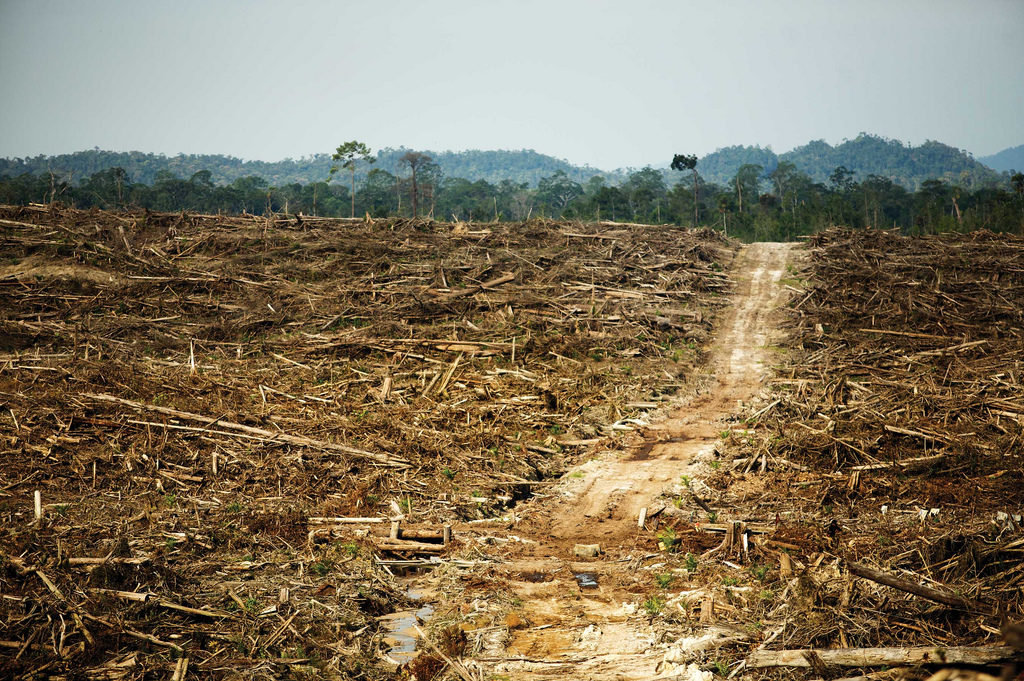Banned animated short film sparks discussion of destructive palm oil
The ban on a commercial of the British supermarket chain Iceland Foods has led to great international commotion. The animated short film shows the destructive effects of palm oil on nature and animals. The petition asking to lift the ban has meanwhile been signed by one million people. Several organisations in the European Union (EU) are pleading for a ban on palm oil. The Dutch Party for the Animals, for example, asked for an import prohibition in the past.

Destruction of rain forests for palm oil plantations
The British Advertising Association has banned Iceland Foods from showing its commercial on television which promotes products without palm oil. The original producer of the short film, Greenpeace, is ‘too political’ according to the association. The animated short film, in which a girl and an orang-utan appear, shows the destructive effects of the palm oil industry. Iceland Foods previously argued that there is no such thing as ‘sustainable palm oil’ and that it will stop selling products containing palm oil. It is the first large supermarket chain that stops using palm oil as an ingredient for its house brands.
Palm oil
Palm oil is a cheap and a largely produced ingredient for foods. It is used for the production of more than half of all supermarket products, varying from bread and cakes to detergent and cosmetics. It is expected that its use will have doubled by 2050. The production of palm oil goes hand in hand with the large-scale destruction of rain forests and bog areas, which we need to keep our ecosystems intact and to stop climate change. A forest area equal to 146 football fields is cut down every hour, mainly in Indonesia and Malaysia. If we continue doing so, all rain forests in those countries will have disappeared within 10 years including all animal species that live there, such as the orang-utan.
Sustainable palm oil does not exist because many rain forests still have to be cut down for palm oil plantations and it is hard to check where the palm oil comes from. Palm oil production often goes hand in hand with land grabbing and human rights violations.
The Party for the Animals wants to ban the import of palm oil
The Netherlands is a large consumer of palm oil. The Dutch government mainly relies on business and industry to tackle the palm oil issues, but this approach is not effective. The Dutch import of palm oil has again increased and last week it became evident that companies have, in fact, started to use less sustainable palm oil.
For that reason, the Dutch Party for the Animals has called on the government to restrict the import of palm oil. The Dutch government promised in December 2017 to make efforts within the EU to ban palm oil as a fuel. Approximately half of the palm oil imported by Europe is currently destined to be used as biofuel. The EU has meanwhile decided to stop such use all together by 2030. The decision is a softening of the original European Parliament’s proposal to get the use of palm oil as a fuel back to zero by 2021.
The Party for the Animals believes that it should not take so long to stop using palm oil for our fuel and wants the Dutch government to take strict measures to restrict the import of palm oil in general as soon as possible. One of the measures could, for example, be a high import rate.